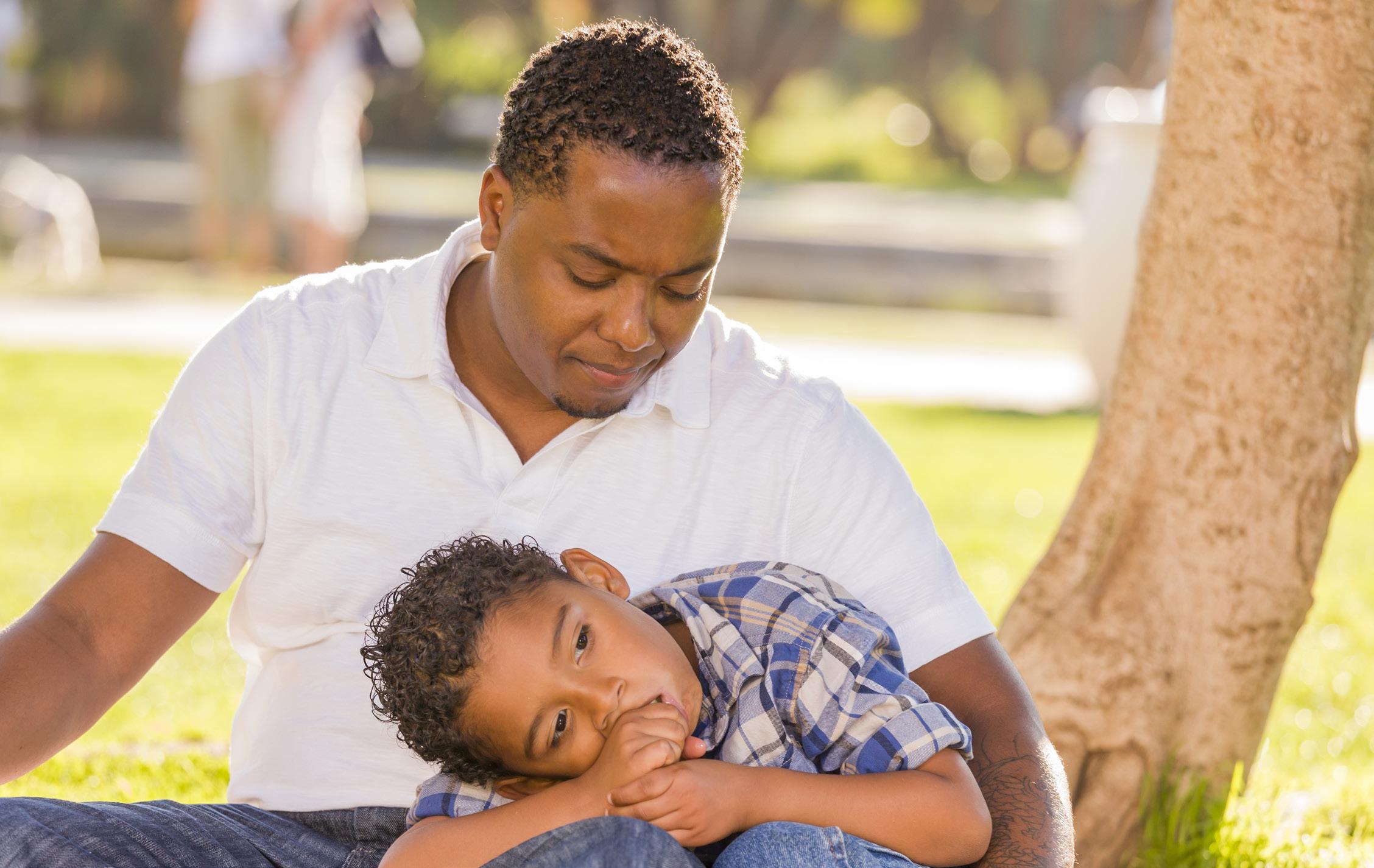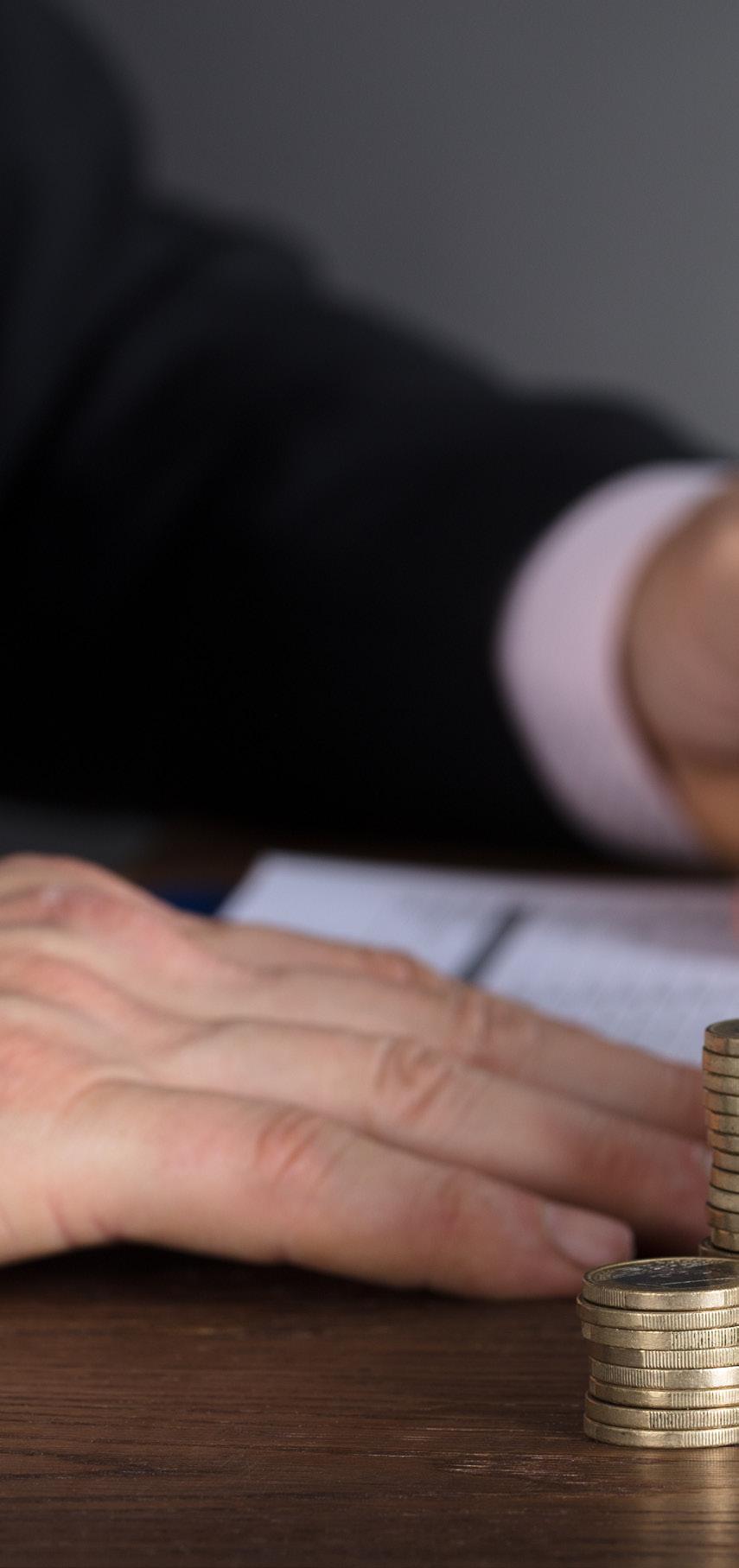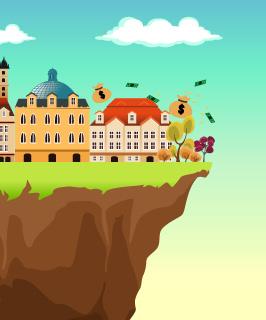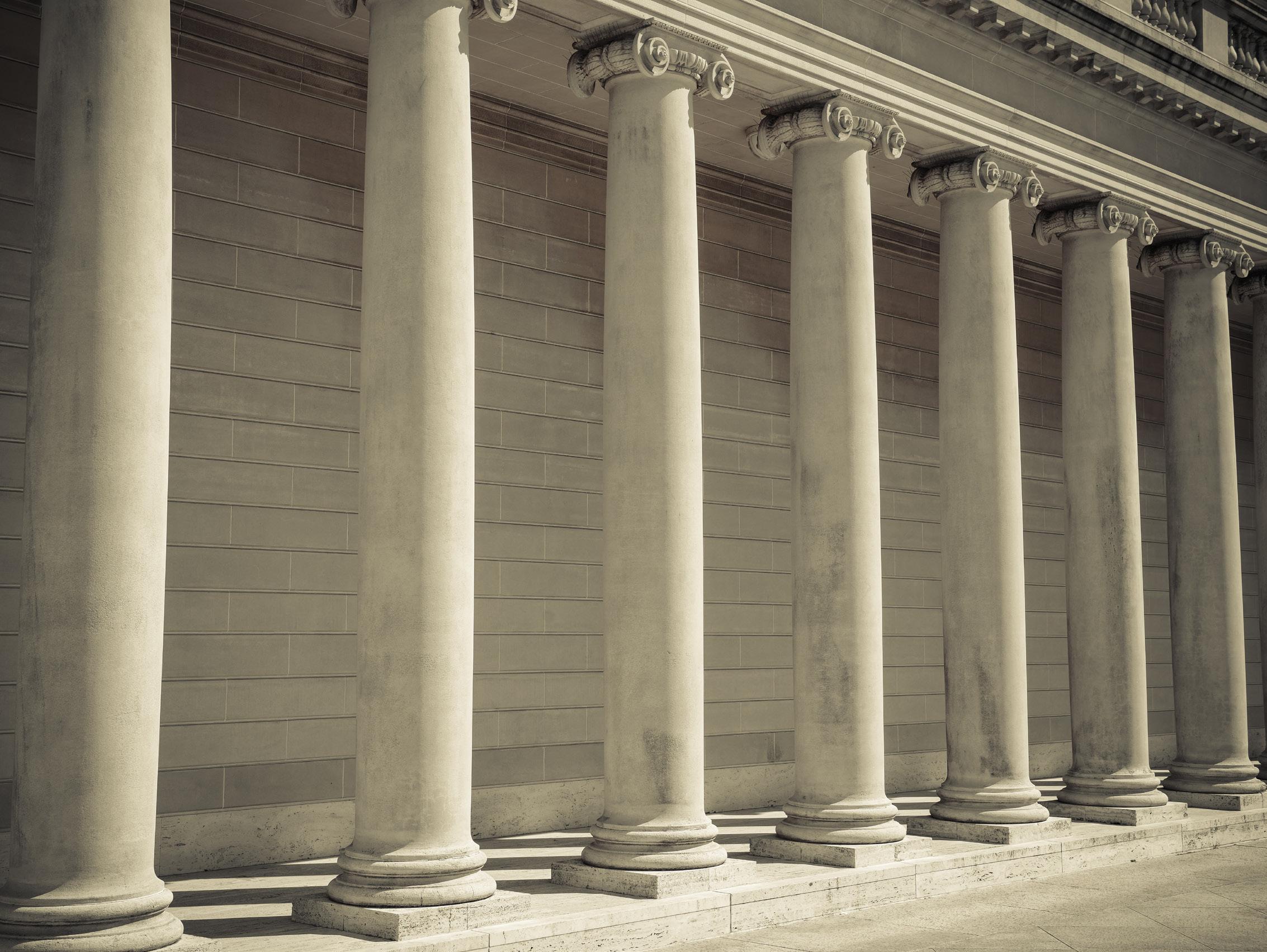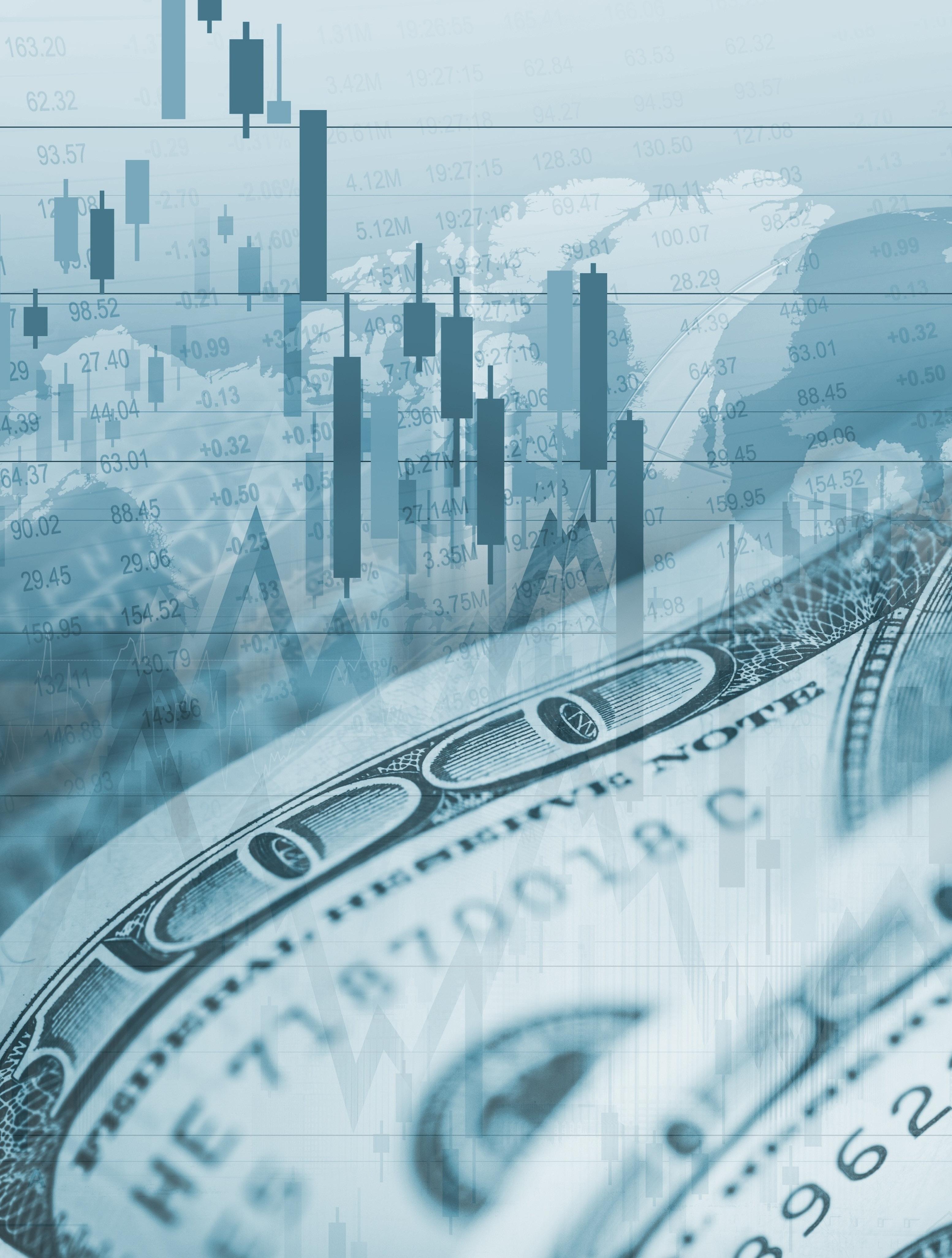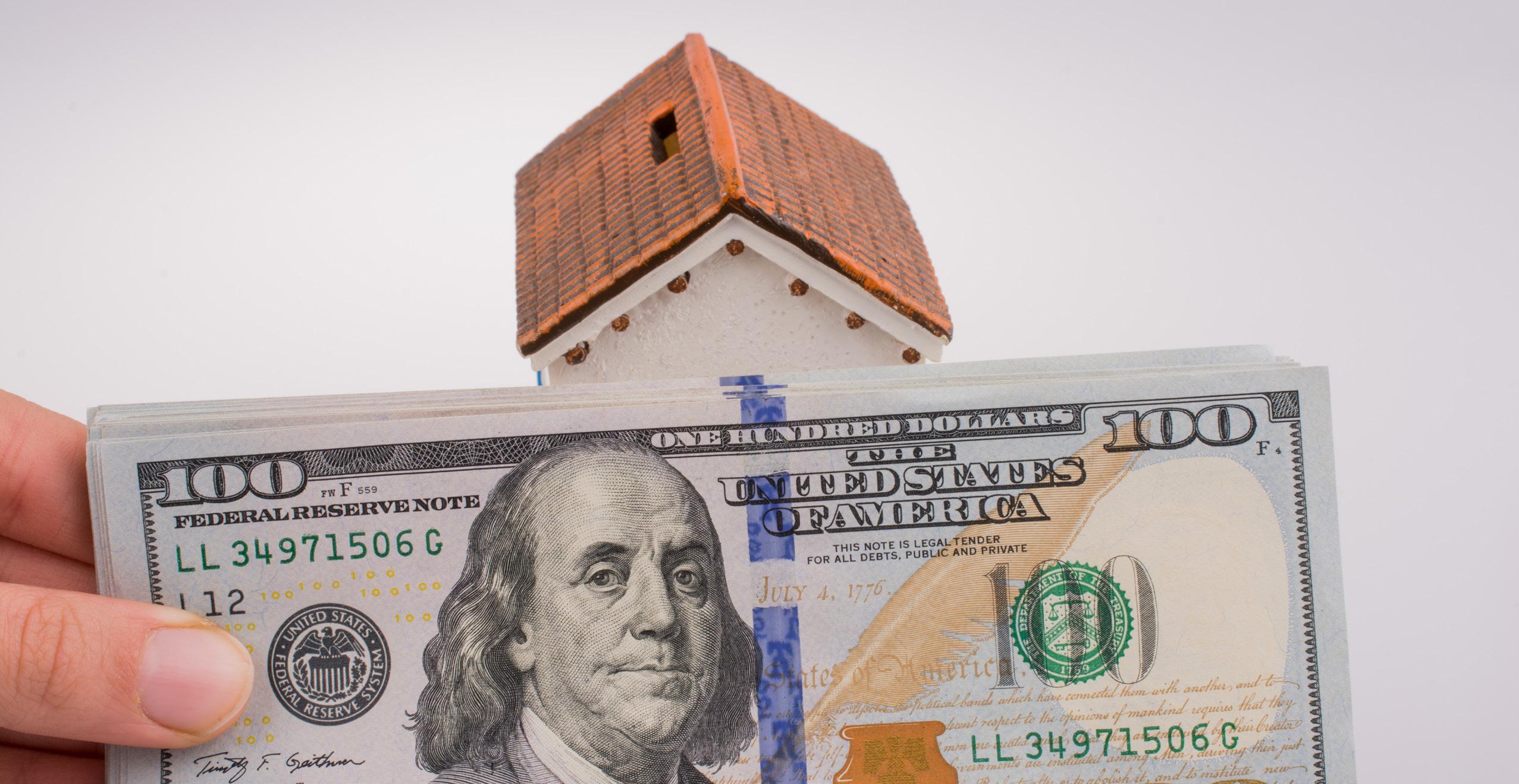
3 minute read
You think you are ready to buy a
YOU THINK YOU ARE READY TO BUY A HOME? MAY BE YOU ARE NOT!
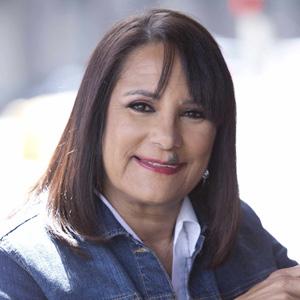
Adrian Bates
All around the country, many renters are beginning to notice a trend of people buying a home and considering buying one too and becoming a proud homeowner. Buying a home for the first time is a liberating experience and a big decision that significantly affects your future and your finances. Buying a home is not a short term commitment, and there is a need for a strong financial standing before you make the decision. However, this is not all there is to buying a home, and many times, people purchase homes when they’re not ready for it. This is a hard truth for several people to swallow, but we’ll be stating seven signs that show that even if you think you’re ready to buy a home, you may not be. YOU MAKE INADEQUATE MONEY Although you might think that you have just enough money to buy a home, most of the time, you don’t. Calculate the money first and see what the overall cost looks like and if you can actually afford it. Buying a home requires upfront money, and more money will keep going out till the deal is closed. Before you choose to buy a house, ensure that you have enough to not only make a down payment but can also afford the closing cost while still having an emergency fund to fall back on. If you can’t efficiently cover these costs, maybe you shouldn’t buy a home now.
YOUR DEBTS ARE MUCH Even if you have enough money to buy a home and cover the ongoing and closing costs, you also need to check your debts, and if they’re a lot, then it might be wise to take a step back. If you find your cards maxed out, then you should get your bill in order before you consider becoming
a homeowner. Lenders usually want your total debt load to fall below 36% of your total income. If you have a lot of debts, then you should change your spending habit, and when your credit score is improved, you might have a better chance of buying a home.
NOT ENOUGH SAVINGS Although you might have enough savings to cover a down-payment for the house, that’s just one hurdle you’ve been able to pass. When you buy a home, you will need savings to take care of it if there’s a need to carry out repairs. Having savings help you avoid falling into debt when an unexpected expense pop up; buying a house requires being prepared for the unexpected. You also need to prepare for additional expenses that you may not have considered beforehand but are not totally unexpected; this includes moving, furnishing, and decorating the new home. You will also be required to pay for property taxes, and all these expenses would be taken out of your savings.
POOR CREDIT ISSUES When you have bad credit issues, it shows that you might have some kind of financial issues. This could range from simply skipping payments on a couple of bills to having too much debt on your credit report. Before you make a decision to buy yourself a home, you need to take a close look at your credit report and see if your credit is in order. Lenders usually ask many questions about your debts, loans, payments, and many other aspects that could take a lot of time to resolve. If you also have no credit history or just a little, it could turn out to be an issue for you as it simply shows no pattern of good credit and therefore, doesn’t make you reliable.
YOU’RE SKEPTICAL ABOUT THE HOME YOU WANT Many people just want a home but aren’t sure the kind of home they want; knowing what you want helps narrow down the choices. You need to figure out what kind of home best suits your need and will make the transition from apartment living much easier. Bear in mind that the different types of homes come with varying responsibilities and upkeep costs; find out what the different types of homes have to offer and know which type is ideal for you before buying a home.
Reference
https://www.forbes.com/ sites/trulia/2016/08/31/7warning-signs-yourenot-ready-to-buy-ahome/






